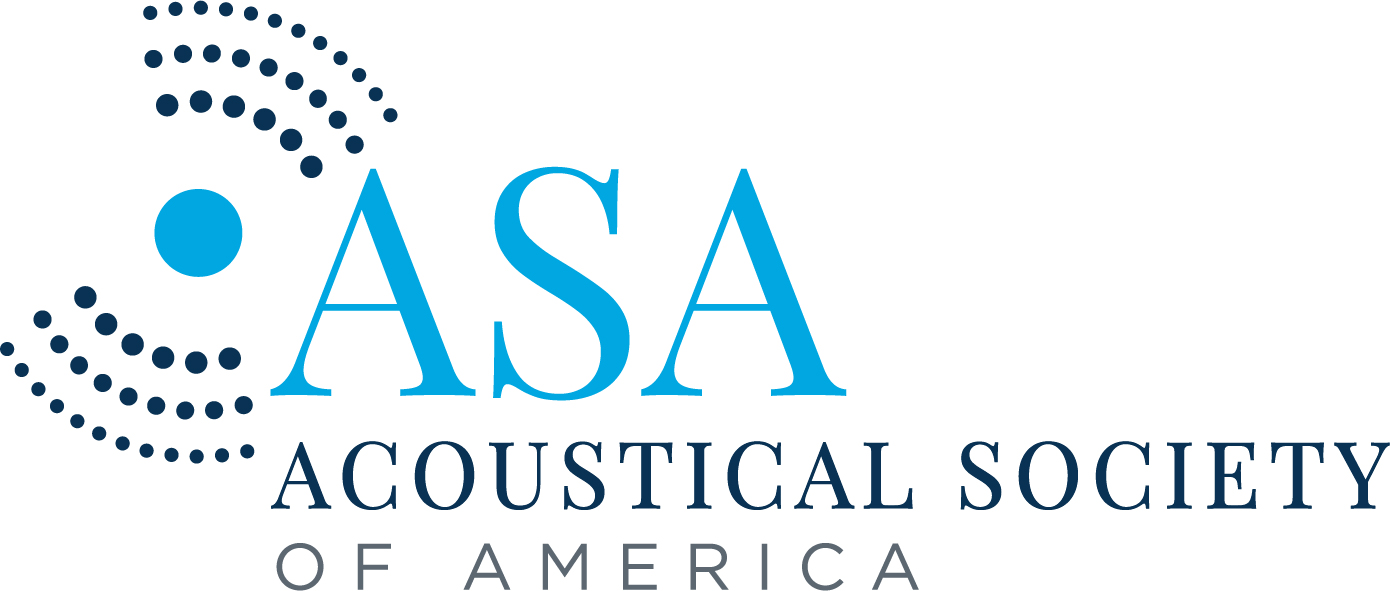3D-Printed Violins Bring Music into More Hands #ASA183
Modern materials and techniques can revolutionize music and provide access to low-cost instruments for music students.
Media Contact:
Ashley Piccone
AIP Media
301-209-3090
media@aip.org
NASHVILLE, Tenn., Dec. 6, 2022 – There’s nothing quite like the sound of a Stradivarius violin. Building such a quality string instrument takes time, perfect materials, and a lot of skill, and the best ones can cost millions of dollars. Even mediocre violins can cost thousands, which puts them out of reach for most beginners and music classrooms.

Dr. Mary-Elizabeth Brown rehearses Harry Stafylakis’ concerto “Singularity” on an early iteration of the 3D printed violin. Credit: Shawn Peters
One group is looking to rectify this by 3D-printing low-cost, durable violins for music students. In the process, they explored the factors that result in the best violin sounds and performed a concerto composed specifically for 3D-printed instruments.
Mary-Elizabeth Brown, Director of the AVIVA Young Artists Program, will discuss the steps taken and the lessons learned in her presentation, “Old meets new: 3D printing and the art of violin-making.” The presentation will take place on Dec. 6 at 10:35 a.m. Eastern U.S. in the Golden Eagle B room, as part of the 183rd Meeting of the Acoustical Society of America running Dec. 5- 9 at the Grand Hyatt Nashville Hotel.
“The team’s inspiration roots in multiple places,” said Brown. “Our goals were to explore the new sound world created by using new materials, to leverage the new technology being used in other disciplines, and to make music education sustainable and accessible through the printing of more durable instruments.”
The 3D-printed violin was created in two sections. The violin’s body is made of a plastic polymer material, in the same manner as a traditional acoustic violin, and designed to produce a resonant tone, while the neck and fingerboard are printed in smooth ABS plastic to be comfortable in the musician’s hands. The result is a violin that produces a darker, more mellow sound than traditionally made instruments.
“The next step is to explore design modifications as well as efforts to lower the costs of production while making such instruments more widely available, especially in the realm of education,” said Brown.
———————– MORE MEETING INFORMATION ———————–
Main meeting website: https://acousticalsociety.org/asa-meetings/
Technical program: https://eppro02.ativ.me/web/planner.php?id=ASAFALL22&proof=true
ASA PRESS ROOM
In the coming weeks, ASA’s Press Room will be updated with newsworthy stories and the press conference schedule at https://acoustics.org/asa-press-room/.
LAY LANGUAGE PAPERS
ASA will also share dozens of lay language papers about topics covered at the conference. Lay language papers are 300 to 500 word summaries of presentations written by scientists for a general audience. They will be accompanied by photos, audio, and video. Learn more at https://acoustics.org/lay-language-papers/.
PRESS REGISTRATION
ASA will grant free registration to credentialed and professional freelance journalists. If you are a reporter and would like to attend the meeting or virtual press conferences, contact AIP Media Services at media@aip.org. For urgent requests, AIP staff can also help with setting up interviews and obtaining images, sound clips, or background information.
ABOUT THE ACOUSTICAL SOCIETY OF AMERICA
The Acoustical Society of America (ASA) is the premier international scientific society in acoustics devoted to the science and technology of sound. Its 7,000 members worldwide represent a broad spectrum of the study of acoustics. ASA publications include The Journal of the Acoustical Society of America (the world’s leading journal on acoustics), JASA Express Letters, Proceedings of Meetings on Acoustics, Acoustics Today magazine, books, and standards on acoustics. The society also holds two major scientific meetings each year. See https://acousticalsociety.org/.
